Wow. It’s pretty crazy that we’re already turning to the colder months, but we’re back to that part of the cycle. I have to say that time has felt sort of off, since I was gone about 6 months overseas, through over 11 countries and different time zones between Asia and Europe. Then this Fall, I’ve been back and forth a lot between the East and West coasts, and I’ve felt the pinch of coldness, but now it’s hot again in LA! But with winter approaching, it’s becoming VERY chilly in much of the rest of the country.
Around this time, I usually begin getting a lot more questions like, “Kimberly it’s so cold! How much raw food should I be eating now???”
While I recommend more raw during the warmer months, I also advise everyone to increase their cooked food intake during the fall and winter. Indeed, as you’ll see in The Beauty Detox Power there is a balance of raw and cooked recipes, along with strategies for helping your body understand its cravings and real needs, as well as specific food and other recommendations for feeling better based on a particular imbalance you may be experiencing.
Because the truth is, you need both raw and cooked foods, to varying degrees. This post will help you understand why and how to still get enough raw during the colder months, and how to balance these two foods groups so that you continue to look and feel your best, year-round. Doing so will help you avoid the weight gain that research has shown to occur from eating “denser” foods during the colder months. [1]
Yes, You Still Need Some Raw Foods, Even When It’s Cold!
First, just because it’s cold outside, that doesn’t mean everything you eat should be hot and heavy. The benefits of raw, whole foods are just too significant to ever cut them from your diet for any extended period of time, and that includes the freezing winter. Here’s why:
- Raw food contains digestive enzymes that help break down your meals. That means you use up fewer of your own enzymes (you have a limited amount that decreases over time).
- When you use up fewer of your own enzymes for digestion, they’re free to do other things, like help you lose weight faster and detox more quickly.
- Those enzymes in raw food help you to digest the cooked foods you eat more efficiently.
- Raw food often has a high water content, which boosts hydration without depending on glass after glass of water. You should still drink water between meals, but you may not need the full eight glasses a day that are touted as a magical number for staying healthy.
- They maintain their vitamin and mineral content, whereas cooking foods can cause some of the mineral content to diminish.
When Cooked Is Better (And How Much to Have)
Sometimes you just want a hot meal. I’ll never tell you that you can’t have cooked food, even though technically “raw” foods aren’t always cold (you can heat them to around 114-118 degrees without killing off their enzymes). Here are some situations where it makes sense to cook up your food:
- If your digestive system is compromised, you may actually have an easier time eating cooked vegetables. If you are experiencing a lot of bloat with raw veggies, try steaming or cooking your veggies, which may make it easier for you.
- Starchy vegetables, like sweet potatoes, are much easier to digest when they’re cooked, so you shouldn’t eat those raw. Bake them instead.
- You’d probably never think of munching on raw quinoa or millet, right? Yuck! They would get stuck in your teeth, and my stomach hurts at the thought of eating even a few spoonfuls of it raw. Grains are another one of those types of foods that should be cooked so your body can digest them and gain access to all the goodness they have to offer. Soak the grains first to make digestion even easier, then cook them.
- In a lot of cases, vitamins content is compromised when a food is heated to above 118 degrees. Vitamin C is especially sensitive to the cooking process, but that doesn’t mean you should never, ever cook the foods that contain vitamin C. That’s because other nutrients may actually be made more available with a little heat. For example, the lycopene (which may help ward off cancer and heart disease [3]) levels in tomatoes get a boost with some heating, so it’s a tradeoff between the vitamin C and lycopene. Just be sure you’re using fresh tomatoes or even ones in a carton or glass container, rather than canned ones, since the ones in the cans can put you at risk for BPA exposure. [4]
- Cooked food is grounding and warming, and sometimes that’s exactly what you need. Sometimes you need that extra heaviness, especially in the winter.
- If you try to make an overnight switch to a mostly raw diet, your body may try to detox too quickly. Keeping those cooked vegetables and grains in your diet could help prevent or alleviate uncomfortable detox symptoms.
- As a general rule, using water when you’re cooking vegetables is the key to preserving as many nutrients as possible. That means boiling and steaming are generally the best methods. Baking and roasting can also be great for certain foods as well. Avoid fried food as much as humanly possible.
So how much raw food should you consume? What’s the ideal ratio during colder months?
Unfortunately, there is no magic ratio. It’s going to vary according to your individual needs, your climate, food availability and more. As a general guideline, you could try to shoot for roughly 50/50 during the winter and fall, but even then there will be exceptions. I just know that even during the coldest months, I personally still end up eating some fruit, my Glowing Green Smoothie, and at least one salad each day. So even if I have some cooked vegetables or grains, I’m still probably at least 50% raw during these seasons, often more. Note: I start the day with hot water and lemon, so I still like to start with something that feels warming, then have my GGS more closer to room temperature, and not icy cold, especially in these months.
So unless you’re living in a place where there’s no quality fresh fruit or veggies around, 50% raw is probably a good minimum number to shoot for. You can do more or less, but it depends on how your body feels, what it is craving, and a few other factors. I’ll discuss this more in a moment.
Combining Raw and Cooked Foods
When you are eating more cooked foods, one way to achieve this balance is to be sure you have something raw right before you dig in. That can be a salad or even a few celery sticks.
The idea is to get those new enzymes into your stomach so they can get to work on the cooked food and spare your own enzymes the trouble. The longer you can put off using your own reserves, the more slowly you’ll age.
This is one reason why I’ve been recommending salad at the beginning of meals for years, because it’s a great way to get added fiber, enzymes and nutrients into your body and digestive system right from the get go.
As an aside, I will say that one question I’ve been getting a lot about the The Beauty Detox Power is regarding the recipes. People are asking if they are new, what kinds of recipes they are, and more. While I can’t reveal everything now, what I can say that these new recipes give you an amazing variety of options (including many raw and cooked), which may be some of my very best yet :). There is everything from entrees to desserts, but the recipes are actually organized based on ways to feel better. It puts you right in tune with what to eat to serve you best…it’s novel and super exciting!
As you can see from the pictures on this page, these new recipes cover a wide variety of tastes, textures, colors and flavors — and that’s by design. Because I wanted you to have even more proof that you can satisfy your health needs (including both raw and cooked food) AND your what your body is calling out to be grounded and balanced, without compromising your weight or beauty in anyway.
Using Enzymes to Fuel Your Digestive Fire
There’s another way you can give your digestion a boost when you want a hot meal. While you should still eat raw food before your cooked food, taking a plant-based digestive enzymes can also help you digest your meals and get the most nutrition out of whatever it is you’re eating.
Even when you combine your foods properly in order to keep digestion moving smoothly, you may have used up so many of your own enzymes over the course of the years that you’re just not breaking the food down the way you used to. Benefits of digestive enzymes include:
- Less putrefied food sitting around in your system
- Less of a chance for harmful bacteria to grow
- Body has a chance to remain more alkaline, since decaying food that’s stuck in your digestive tract has an acidifying effect
- Toxins don’t have as much of a chance to spread and inhabit the blood and tissues of the body
- Aging is slowed down, and you look more beautiful. Yes, one study showed enzymes can help repair DNA [5], so the more you have in your body, the better!
- Energy levels are raised because less energy is expended in digestion!
- Less discomfort along the digestive tract, meaning bloating and constipation are mostly things of the past (especially when you’re taking a daily Probiotic, too).
There are several good enzymes brands out there. Garden of Life, Rainbow Light, and Enzymedica are all good choices. If you had to choose though, the right kind of probiotic is definitely the most important supplement, in my opinion, since it helps to balance your whole body and absorb/create more nutrients, right in your own gut.
Also, if you don’t want to go the enzyme route, there are other things that work in a similar way:
- Probiotic & Enzyme Salad (eat it before meals)
- Raw, unpasteurized Kimchi or pickles
- Raw apple cider vinegar, diluted in water or used in a salad dressing (trust me, you don’t want to drink it straight!)
The Art of Balancing Your Body Nutritionally in Each Season
It’s only natural to crave more cooked food around this time of the year. So if you feel that, then by all means, listen to your body and have it. Some cooked food is good for your health! Just be sure to have some raw food beforehand and take a digestive enzyme with your meal. Ancient medicinal systems, such as Ayurveda (which I will be diving much deeper into studying), favor a lot of cooked foods for balancing the doshas.
Taking this further, I will say that the more you’re able to tune into your body, listen and understand its underlying needs, the easier it will be for you to know what to eat. There is no magic formula, no diet that can possibly tell you what to eat every moment of every day.
One of the reasons why I wrote The Beauty Detox Power was to take you beyond nutritional information and guidelines and formulas, so that you could realize the impact of your thoughts, what you are feeling (including your “second brain” — your gut!), conquer your cravings and re-energize your body in new ways.
I can give you some helpful guidelines for knowing how much raw or cooked to eat throughout the year, but it’s even better when you can tune in and just know exactly what’s right for you. THAT is real power, and it’s the kind of confidence that comes from this book, which is one of many reasons why I’m so excited about it.
Love,
Kimberly
Research:
[1] https://www.dailymail.co.uk/health/article-2052975/Why-fatter-winter–eat-LESS.html [2] https://www.webmd.com/ibd-crohns-disease/crohns-disease/creating-a-crohns-disease-diet-plan [3] https://pubs.acs.org/doi/abs/10.1021/jf0115589?prevSearch=rui+hai+liu&searchHistoryKey= [4] https://www.scientificamerican.com/article/just-how-harmful-are-bisphenol-a-plastics/ [5] https://www.sciencedaily.com/releases/2010/01/100128165129.htm
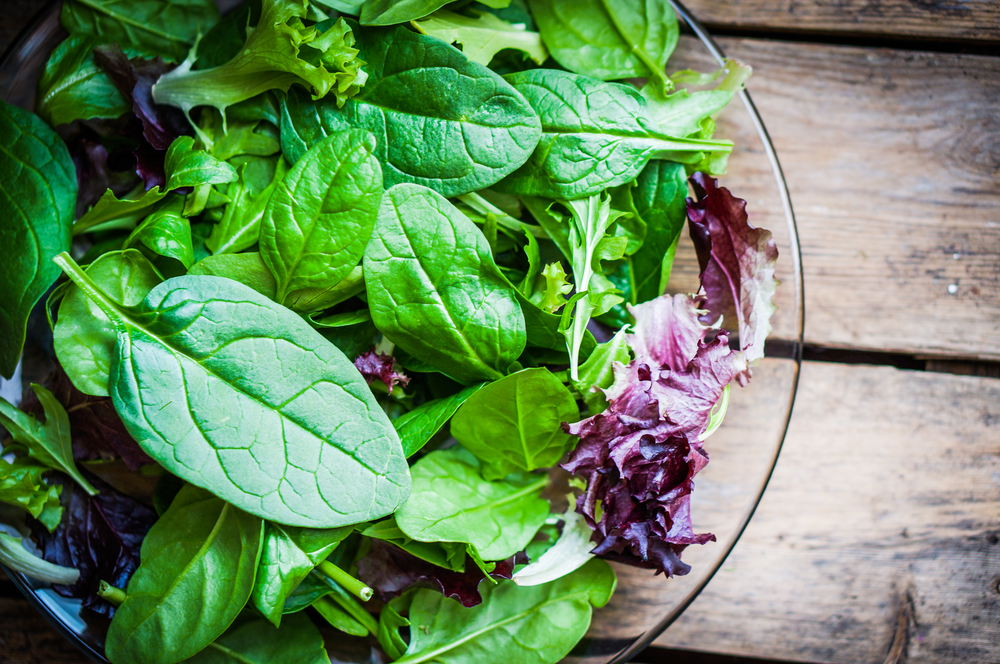
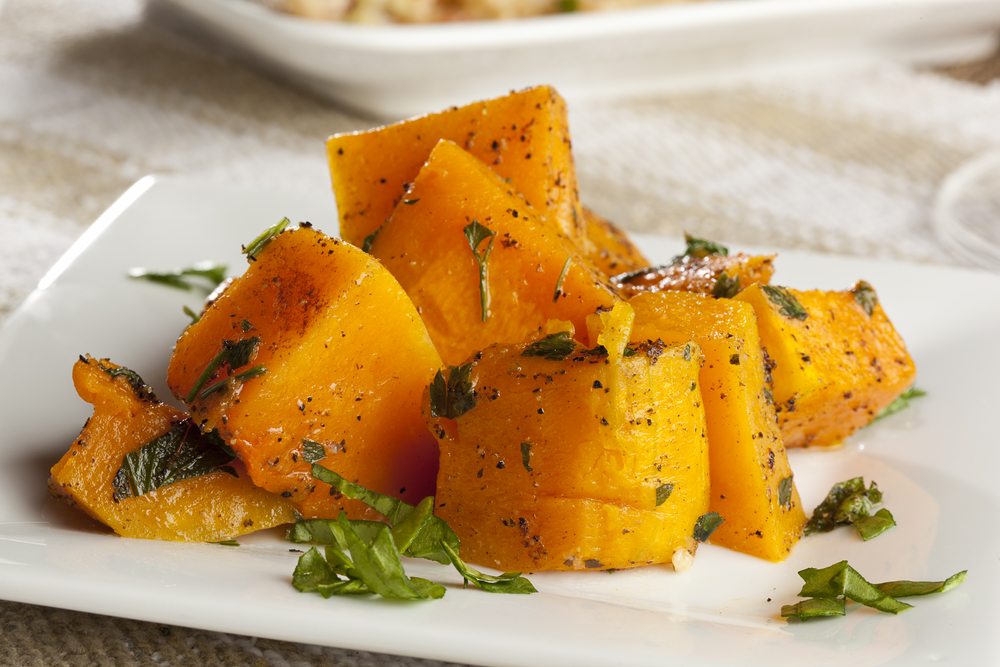
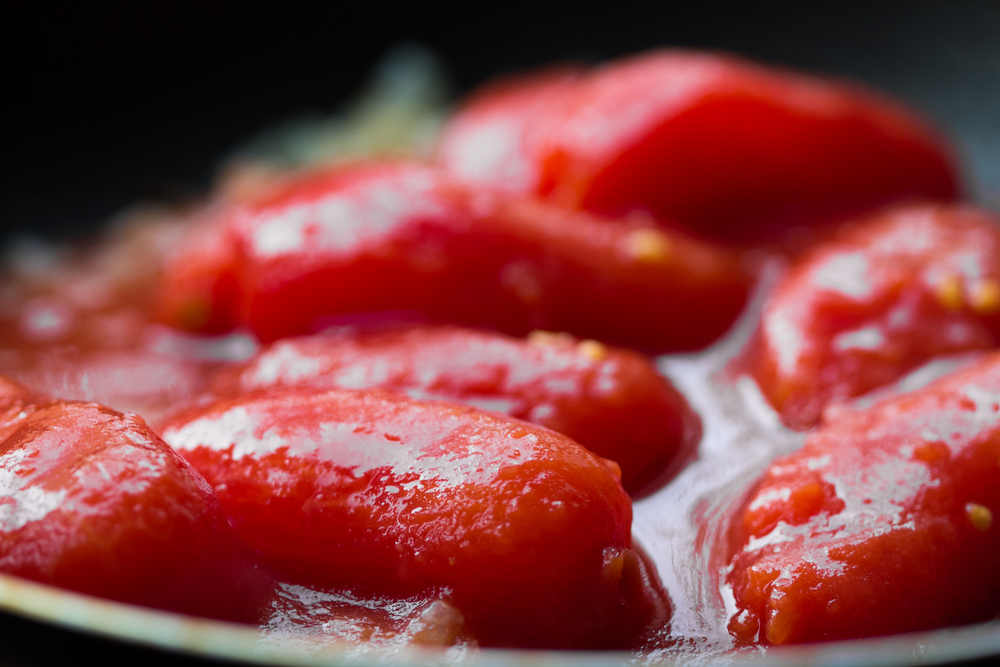
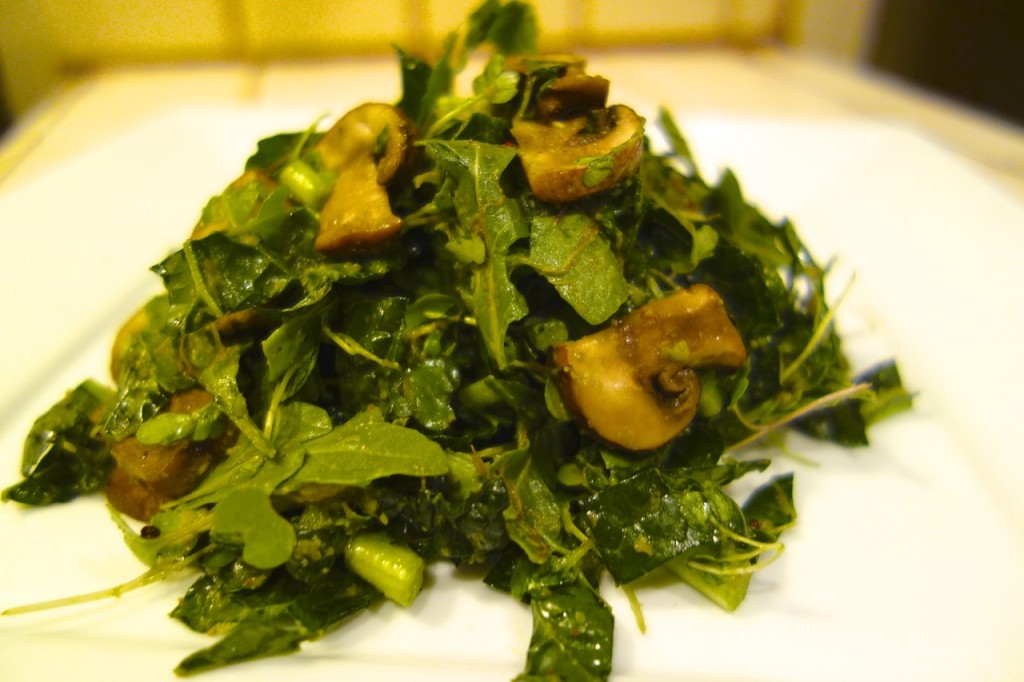
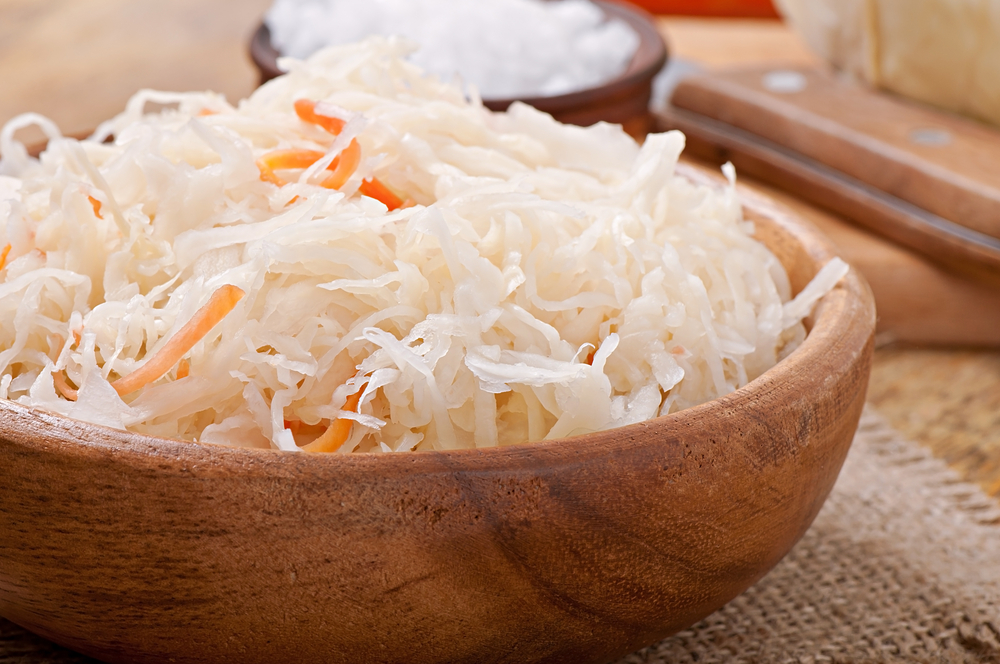


Hi Kimberly!
Thank you so much for all you do to help people realize their potential for health and well-being! I have passed on your information to so many people.
On the topic of warm, cooked foods, what would be your thoughts on using a slow cooker? I just received a crockpot as a birthday gift, and definitely would look forward to using it this winter while following the beauty detox lifestyle. I’d love to hear your suggestions!
Hi Kimberly,
I’m so excited to read your new book! I pre-ordered it on Amazon, clicked on the link and submitted my invoice but I never received an e-mail with the fat-burning info.
:-) Monique
Hi Kimberly. Should the probiotic and enzyme salad be eaten at the beginning of a meal before any other raw food? Thanks!
Hi Kimberly.
I have been ready your first book and I call it my “bible”. I am very excited about the new book and just downloaded the course. Thank you. My husband and I are committed to the Beauty Detox for the long haul.
I heard blood sugar/insulin spikes can lead to acne and other problems in the body, how do I avoid these spikes this winter when I consume a lot beauty winter squash. What is a good portion for grains and starches?